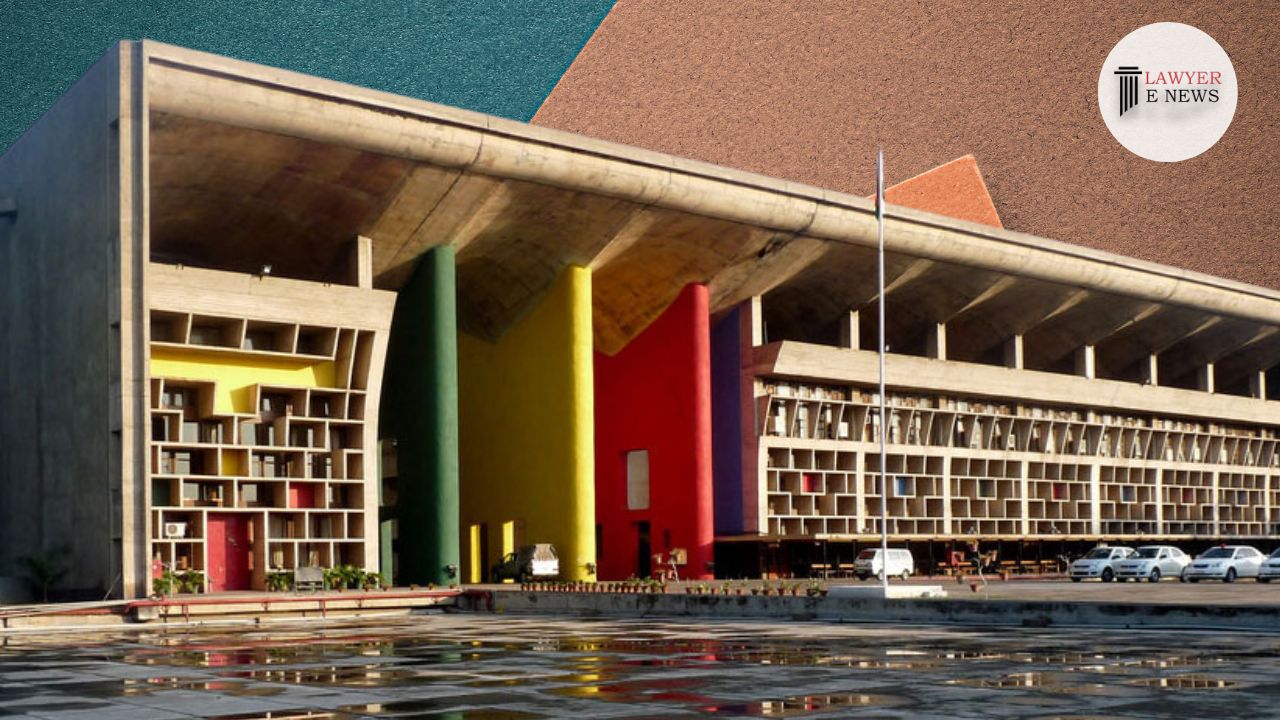-
by sayum
14 February 2026 2:22 PM



On 16 May 2024: In a significant ruling, the Supreme Court revisited its stance on the Punjab and Haryana High Court's authority to decide second appeals under Section 41 of the Punjab Courts Act, 1918. The Court emphasized that the High Court can adjudicate second appeals without framing substantial questions of law, aligning with the pre-1976 amendment scope of Section 100 of the Code of Civil Procedure (CPC).
The review petition stemmed from the Supreme Court's decision in Civil Appeal No. 6567 of 2014, which had overturned the Punjab and Haryana High Court’s decree concerning the validity of a Will and the rightful succession of property. The High Court had initially set aside the trial court's judgment in favor of the respondents, who claimed inheritance based on a contested Will.
The Court acknowledged the pivotal role of the Constitution Bench ruling in Pankajakshi (Dead) Through LRs & Ors. v. Chandrika & Ors., which upheld the validity of Section 41 of the Punjab Courts Act. This section does not necessitate framing substantial questions of law for second appeals.
The Court referenced Randhir Kaur v. Prithvi Pal Singh & Ors. and Gurbachan Singh (Dead) Through LRs v. Gurcharan Singh (Dead) Through LRs & Ors., reaffirming that the High Court’s jurisdiction under Section 41 is consistent with the unamended Section 100 CPC.
The High Court's ability to reassess factual findings without substantial questions of law was underscored. The trial court's factual findings could only be overturned if shown to be perverse or legally untenable, which was not the case here.
The review petition argued that the previous judgment erroneously applied the post-1976 amendment standards of Section 100 CPC to the High Court's powers under Section 41 of the Punjab Courts Act.
The trial court had found the Will purported by the respondents suspicious and invalid, thereby favoring natural succession.
The First Appellate Court’s decision to overturn the trial court’s findings was deemed incorrect as it failed to address the trial court's detailed reasoning and evidentiary assessment.
The Supreme Court, finding an apparent error in its prior judgment, allowed the review petition, reinstating the High Court's decision.
The High Court's judgment was restored, which validated the trial court's original findings.
Decision: The Supreme Court allowed the review petition, dismissed the civil appeal on merits, and affirmed the trial court's judgment favoring the natural successor due to the invalidity of the contested Will.
Date of Decision: May 16, 2024.
Lehna Singh (D) By LRS v. Gurnam Singh (D) By LRS & Ors.,
